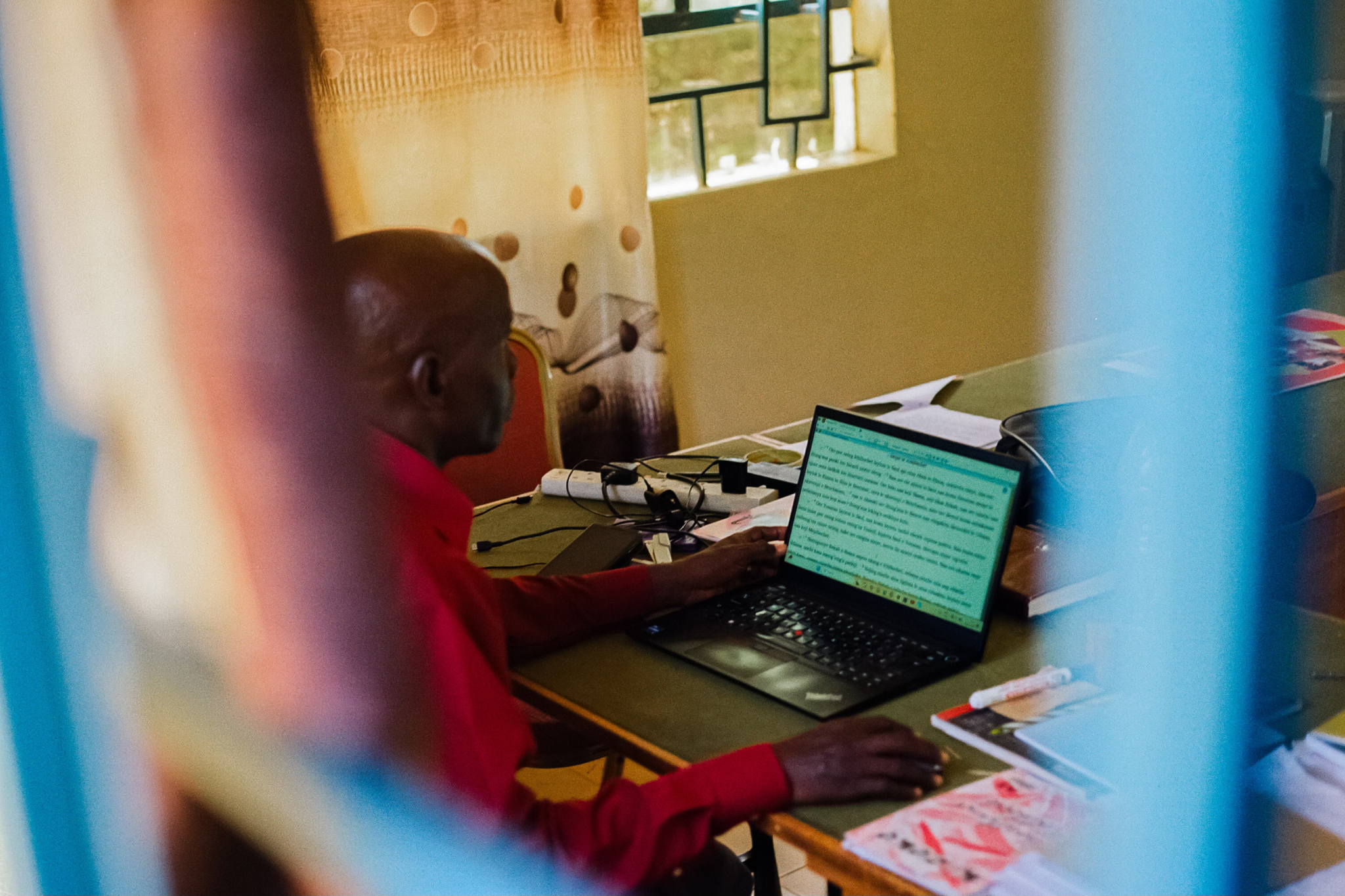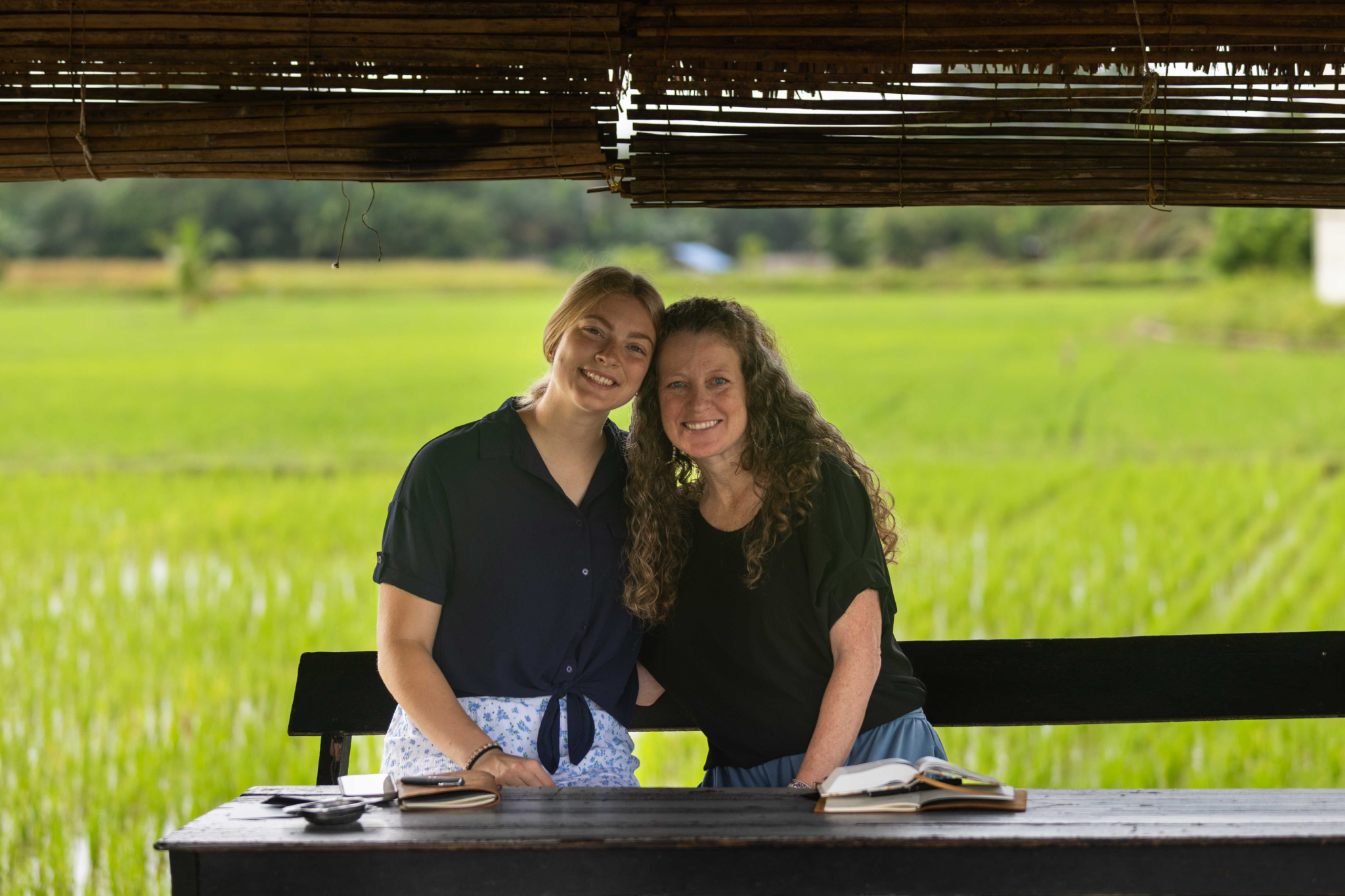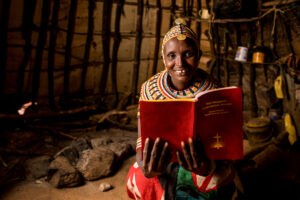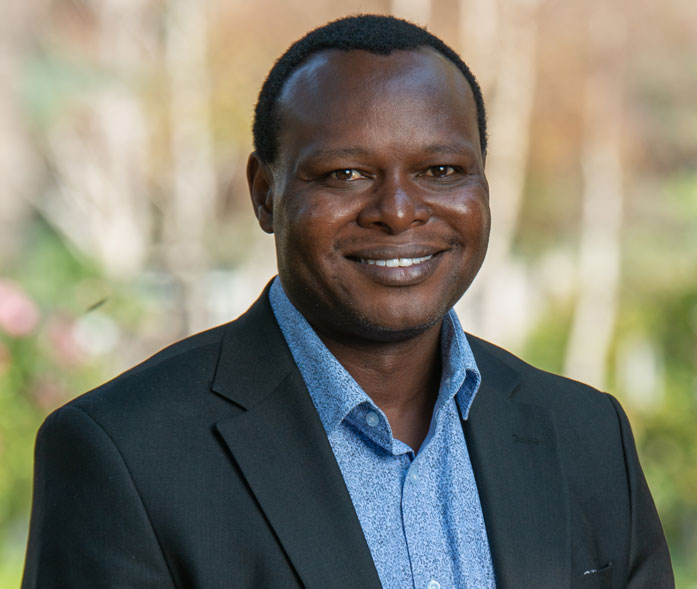Along steep river banks in Southeast Asia, the Mele* people’s houses are carved into the slopes. Their agrarian culture is unique, with its own traditional costumes, songs, instruments, and dances.
The Mele people often say they live under a curse, and if they don’t do something evil every three years, they’ll die. Because of this belief, surrounding language groups fear the Mele, and the Mele are suspicious of each other.
The Great Need for God’s Word
About 97% of the Mele people are either animists or atheists. Alcohol and drug abuse run high. The animists fear the spirit world, and they give money and livestock to appease spirits.
While roughly 3% are Christians, the church hasn’t grown or matured much because the people lack Scriptures they can understand. One Mele man who heard the gospel even thought Mele people couldn’t become Christians because their language isn’t written.
One Mele translator said:
“Some of our people say Christianity is a foreigner’s belief, and some say that only bad guys go to church. Many people do not really know who Jesus is. We should tell people clearly so that people can truly worship our Lord. And that is what we’re now working on.
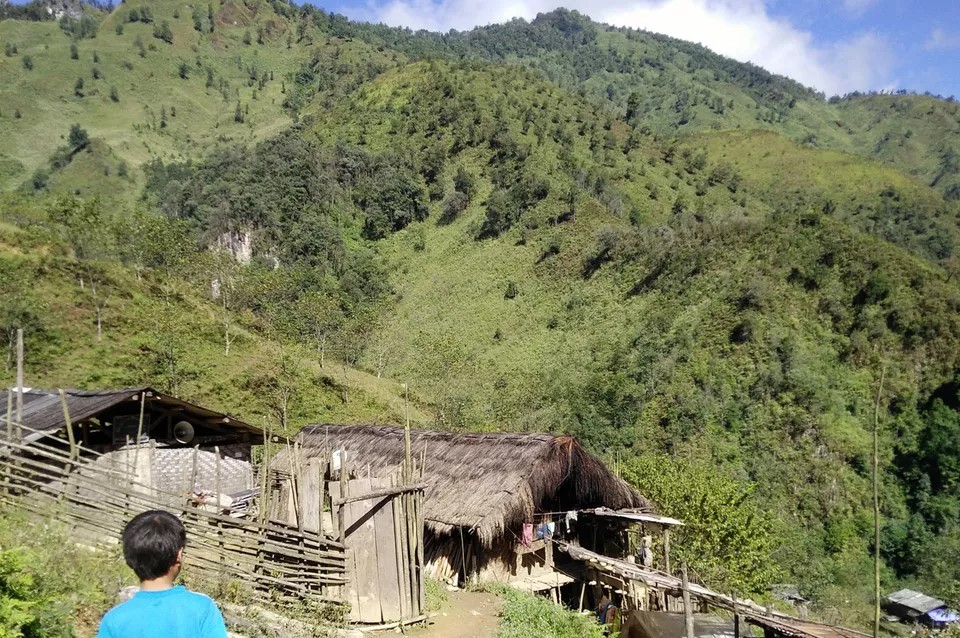
The Strategy to Reach the Community
Translation work for the Mele started with a set of oral Bible stories, which are often the first entry point into an unreached or least-reached community. Next comes the Gospel of Mark in print and audio, and then drafting the book of Acts.
The first Mele-language Scriptures will not only help Christians deepen their walk but will also be used in evangelism. One great hope and prayer is that Mele people who come to Christ will no longer live in fear of spirits.
“I received Christ because there was no way of peace among my animist people. I found only God can give me real peace and joy.” – a Mele man
May many other Mele people have similar testimonies as God’s truth lights up the darkness.
*Pseudonym

